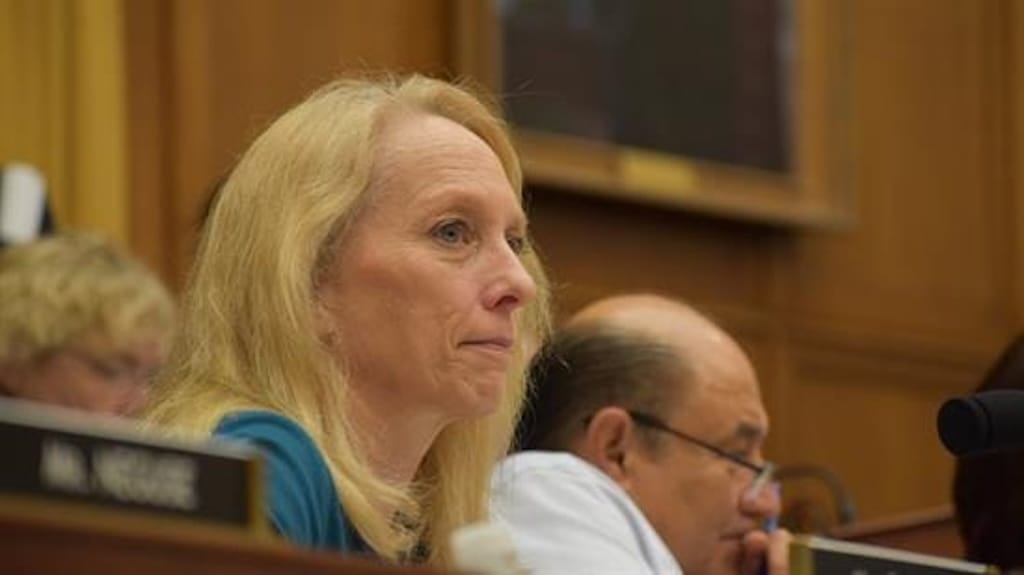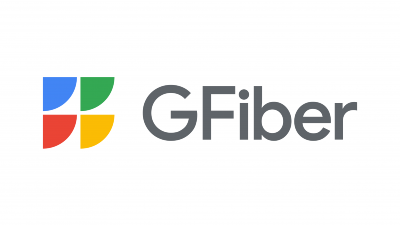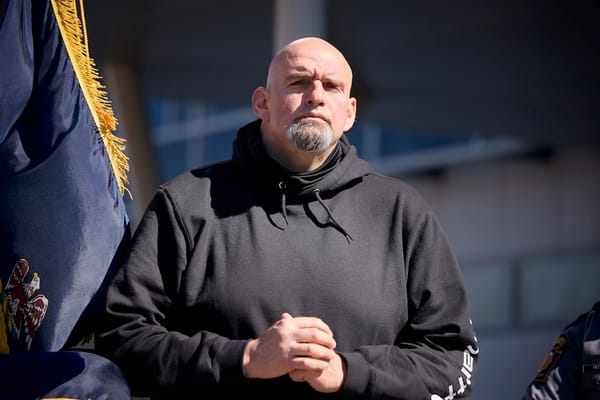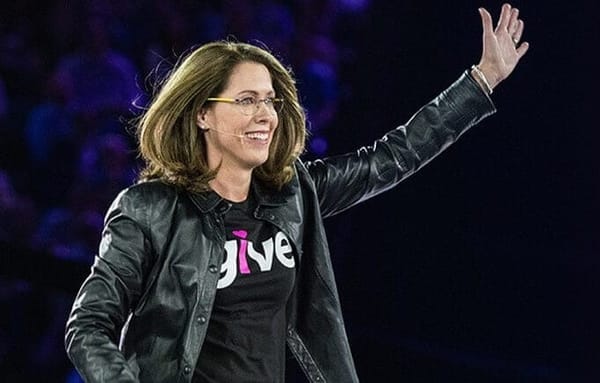Discharge Petition on Fate of $7 Billion ACP Now Active
Rep. Mary Gay Scanlon, D-Penn., said it may be the only viable way to fund the ACP Extension Act.

WASHINGTON, April 18, 2024 – A discharge petition that would force a House floor vote on a measure providing an additional $7 billion to extend the Affordable Connectivity Program opened for signatures on Thursday.
If it garners enough support, the petition will force the bill out of committee and onto the House floor for a vote. It will need 218 signatories to force the floor vote on HB 6929, the ACP Extension Act, which now has 227 co-sponsors – 22 Republicans and 205 Democrats.

Ninety-four members signaled their support for the program’s extension in a letter Thursday to Speaker of the House Mike Johnson, which called for Republican leadership to join Democrats in support of the broadband subsidy program. Members also gathered outside the U.S. Capitol to highlight the consequences of the program’s expiry, which provides stipends for the cost of monthly internet subscriptions.
Rep. Yvette Clarke who moved to force the vote on the bill on April 10 has expressed optimism that it will garner the Republican support needed to pass. At this point, not all 213 Democratic House members have co-sponsored the bill. If that occurs, Dems would need to secure the support of five more Republicans.
Three of the 22 Republican House members co-sponsoring the legislation, representing Guam, Puerto Rico, and American Samoa, will not be able to sign the discharge petition or participate in the floor vote on the matter.
The success of discharge petitions is exceptionally rare, with only two resulting in successful laws since 1993.
According to New Street Research, this may be because breaking party ranks on a procedural issue, such as signing a discharge petition, might carry a higher political cost for a member of Congress compared to doing so on a policy issue.

As a result, discharge positions are rarely successful, with only 22 of the last 221 petitions resulting in floor consideration of the proposed measure.
Though Rep. Mary Gay Scanlon, D-Pennsylvania, expressed that discharge petitions may be a method Congress comes to rely on more and more during a Wednesday press call.
“I understand skepticism because the success of discharge petitions is pretty few and far between but we are in a unique situation in DC right now. It is a very slim House Republican majority. They are so fractured that they're having difficulty getting anything done.
“If we see discharge petitions becoming the only way to move legislation, we may see a renewed interest in their use, because it may be the only way to get things done and with the House majority.”
After a discharge petition has been filed, it typically needs to wait for a certain period (usually 30 legislative days) before it can be considered. The petition’s timeline will make it difficult to provide a smooth transition for participants as ACP funding is set to run out in two weeks.
Three Pennsylvania Democrats – Reps. Susan Wild, Dwight Evans, and Scanlon – signaled their intent to sign onto the petition during the Wednesday call.
One of every three households in Evans district is currently utilizing the program, which provides internet subsidies ranging from $30 to $75. “If Republicans allow this program to expire, that would be like imposing a $55 million dollar tax increase on my constituents,” he said.
“Without action from Republican members of Congress, millions of our constituents and their constituents will see internet costs go up in the coming weeks. They may lose access to high-speed internet altogether,” said Scanlon.









